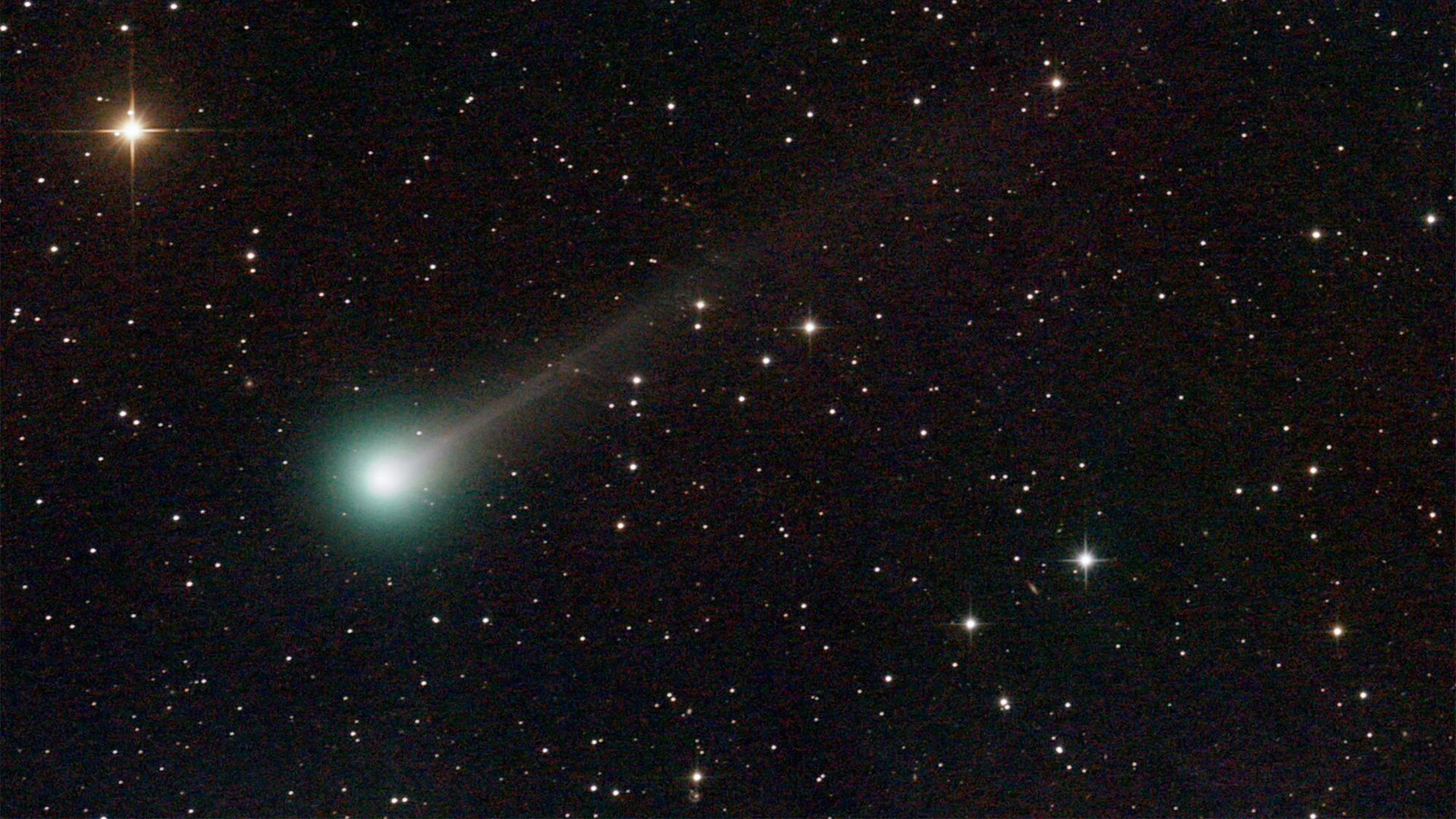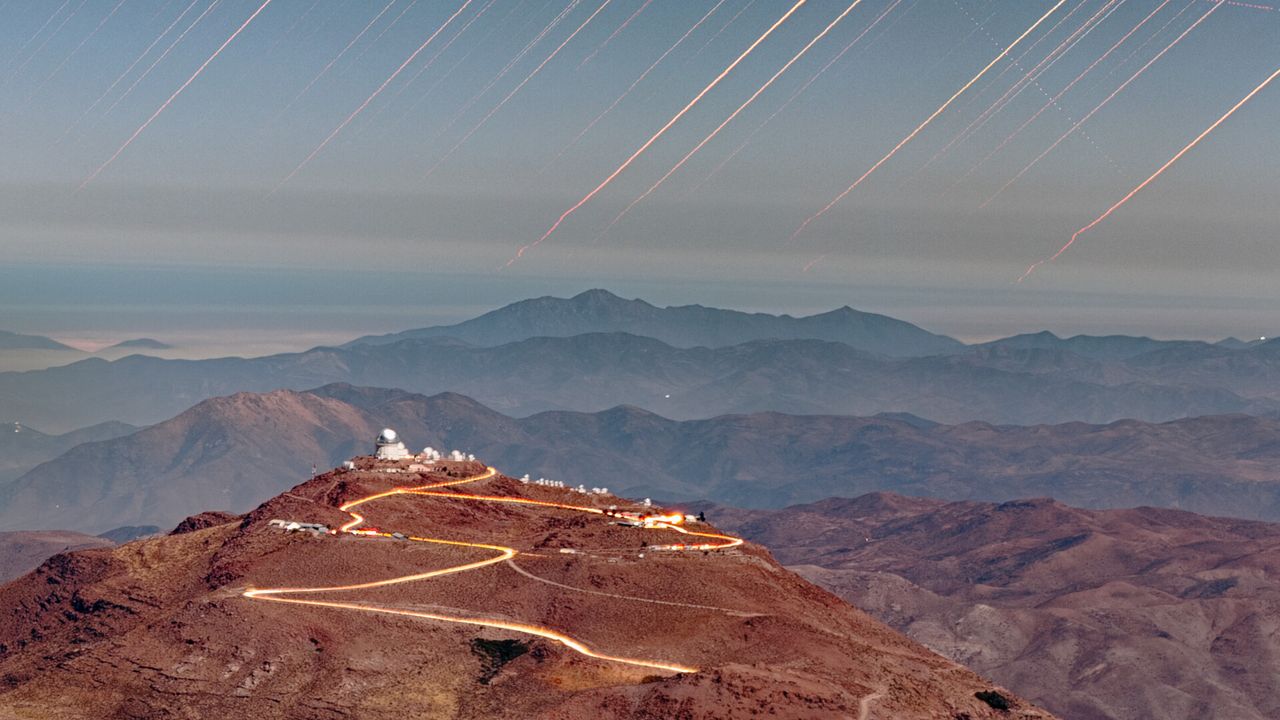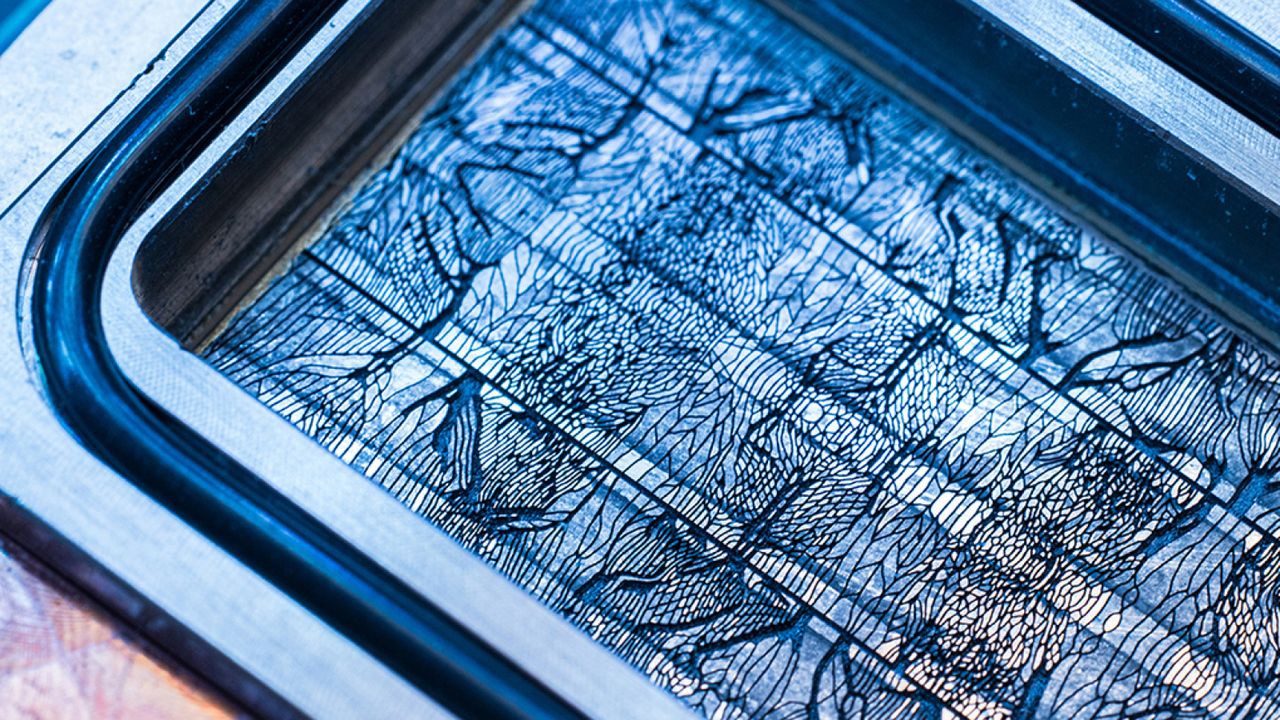After Vesuvius Buried Pompeii, Some Survivors Moved Back In
NeutralScience
A recent study reveals that after the catastrophic eruption of Vesuvius in A.D. 79, some survivors chose to return to the devastated city of Pompeii. Despite the destruction, these individuals attempted to rebuild their lives in a fragile and ashen environment, highlighting the resilience of human spirit in the face of disaster. This finding sheds light on the social dynamics of ancient Rome and the challenges faced by those who lived in the shadow of such a monumental event.
— Curated by the World Pulse Now AI Editorial System





/https://tf-cmsv2-smithsonianmag-media.s3.amazonaws.com/filer_public/12/29/1229286f-cd40-479d-9f95-4f5afa14bf4b/gull-bolus-1_courtesy-hudson-river-park_web.jpg)

